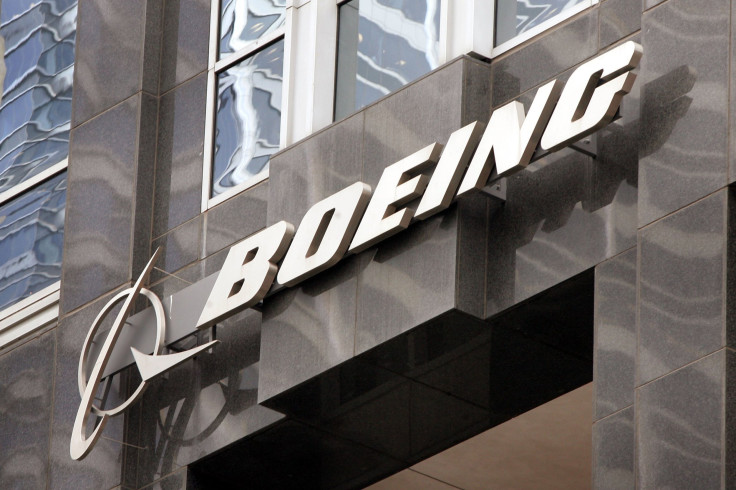Boeing Scores $805 Million Contract To Build Navy's Next Aerial Tanker Drone

The Boeing Company has been awarded an $805 million contract to build the Navy’s first aerial refueling tanker drone which will fly alongside the service’s fleet of carrier fighter planes.
The Pentagon announced Thursday that the aircraft maker would be responsible for constructing its tanker drone known as the MQ-25 Stingray. The drone will launch from a sea ship and refuel Navy fighter jets including the F/A-18 Super Hornet, the EA-18G Growler, and the F-35C.
The tanker drones will mostly be assembled in St. Louis. However, 1.5 percent of the work will be completed in San Diego, per the Defense Department’s contract listing. Boeing’s MQ-25 drone will come equipped with a Rolls-Royce engine, also used to run the U.S. Air Force’s Global Hawk and Navy’s Triton drones.
"When operational, MQ-25A will improve the performance, efficiency, and safety of the carrier air wing and provide longer range and greater persistence tanking capability to execute missions that otherwise could not be performed," a Pentagon statement said, per CNBC.
The defense giant will be in charge of the design, development, fabrication, test, and delivery of four Stingray aircrafts "including integration into the carrier air wing to provide an initial operational capability to the Navy," according to contract. The first four Stingrays have an expected delivery date of August 2024.
In 2006, the Navy first began working on plans to develop machines that could travel further distances than its manned fleet of F/A-18 Super Hornets and EA-18G Growler aircraft.
Lockheed Martin Corp. and the San Diego-based General Atomics were also in the running to land the Navy’s tanker drone contract. This is a huge win for Boeing which will receive $79 million of the total award amount to start the project.
Chief of Naval Operations Adm. John Richardson called Boeing drone deal with the Navy a "historic" event.
"We will look back on this day and recognize that this event represents a dramatic shift in the way we define warfighting requirements, work with industry, integrate unmanned and manned aircraft, and improve the lethality of the air wing."
© Copyright IBTimes 2025. All rights reserved.





















